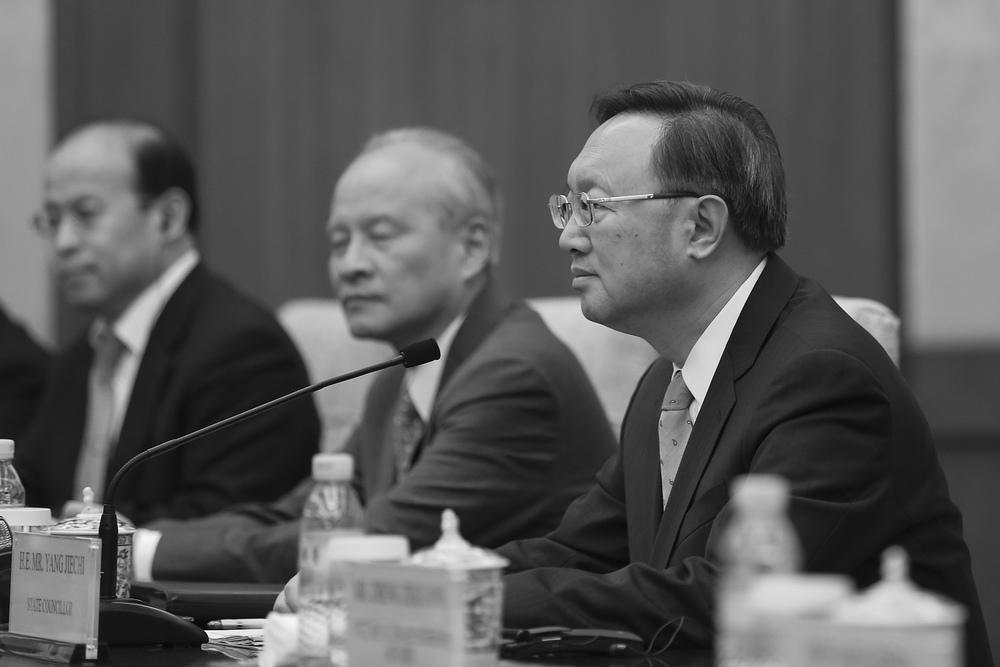Since the 19th National Congress concluded, Chinese leader Xi Jinping has been placing his allies in the Chinese Communist Party’s (CCP) top posts in different departments and ministries.
However, one official who has been loyal to the faction headed by former Party boss Jiang Zemin unexpectedly joined the regime’s most powerful figures when he was promoted to the 25-member Politburo. The appointment of diplomat Yang Jiechi may signal the continued strength of the Jiang faction in the foreign ministry, or may be due to Yang switching his loyalty to Xi’s camp.




